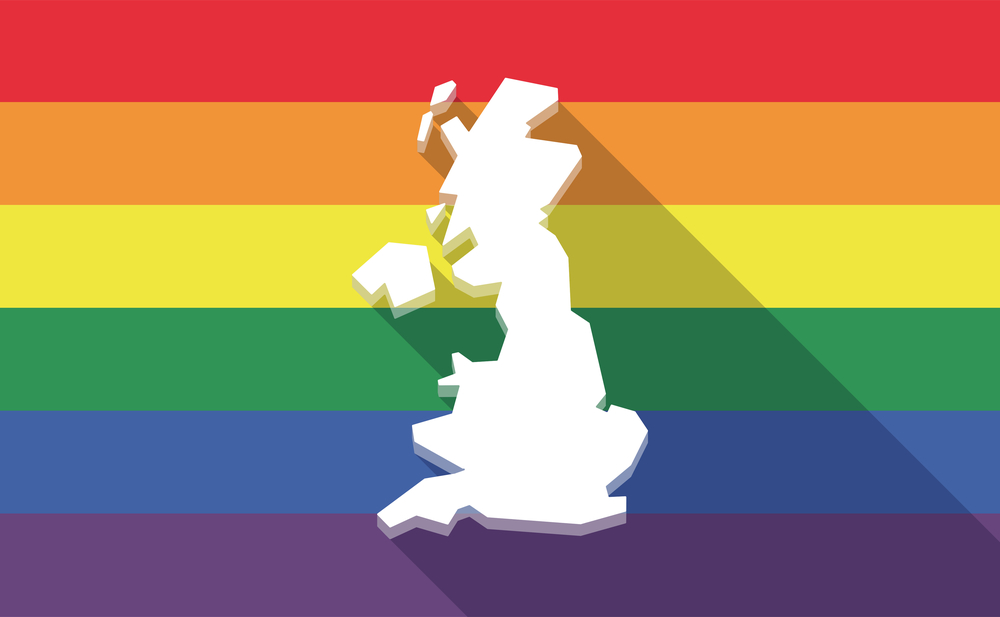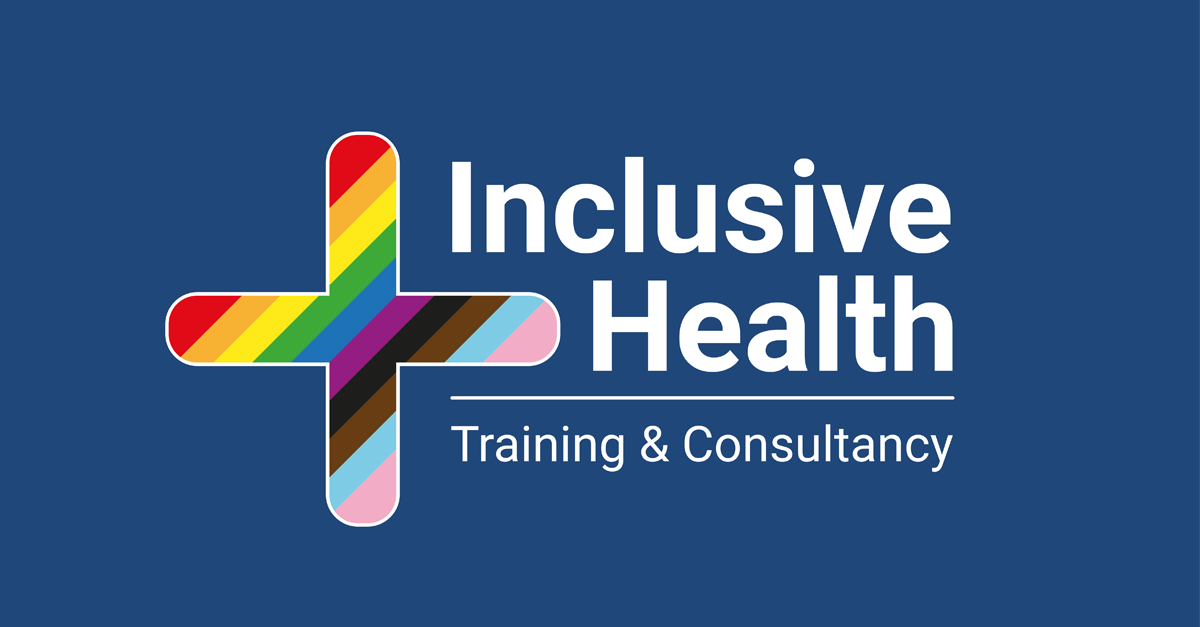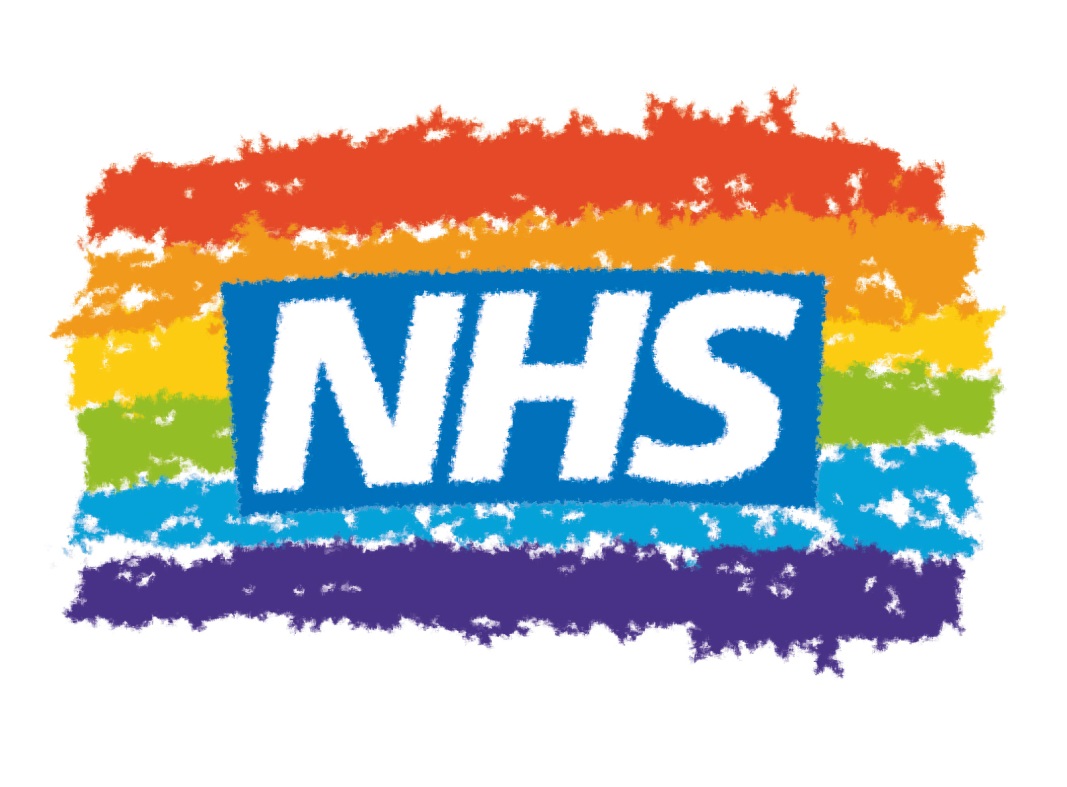Resource Library: LGBTQIA+
Welcome to the LGBTQIA+ Resource Library. Here you will find resources on, ABC of LGBT+ Inclusive Communication, Allyship and Bystander Intervention in Racism and Racial Discrimination. Understanding LGBT+ Employee Networks In The NHS as well as information on Supporting your LGBTQ+ Workforce and Health and Care LGBTQ+ Inclusion Framework.
-
ABC of LGBT+ Inclusive Communication
These guidelines come at a particularly pertinent time. Our LGBT+ in Britain: Health report showed that 13 per cent of LGBT+ people, including 32 per cent of trans people, have experienced some form of unequal treatment because of their identity in healthcare settings. Additionally, one in four LGBT+ people have experienced inappropriate questions and curiosity about their identity. We also found that one in ten LGBT+ people and more than one in four trans people have been outed without their consent by healthcare staff in front of other staff or patients. Experiences like this can prevent people from accessing help when they need it, and our report showed that one in seven LGBT+ people have avoided getting treatment for fear of discrimination. So while we know there are already many healthcare professionals who provide the medical support and knowledge LGBT+ people need, it’s clear there’s still a way to go.
We hope that these guidelines will be shared widely throughout the sector – they have the potential to make a huge, concrete difference to many LGBT+ people’s lives. By working to ensure that all healthcare professionals are supported to care for all patients, we can make our healthcare system as effective and inclusive as it can be. When that happens, all of us benefit.
abc-lgbt-inclusive-communication.pdf (kcl.ac.uk)
Allyship and Bystander Intervention in Racism and Racial Discrimination.
This module focuses on allyship and bystander intervention in racism and racial discrimination. It offers an opportunity to think about language as well as actions that can overtly or covertly lead to exclusion of patients, colleagues and citizens. It is an action-orientated module, that moves on from describing patterns and impact of racism to offering tools to maximise recognition of potentially harmful situation or interaction and enabling a response that could positively influence outcomes.Login | Royal College of General Practitioners (site.com)
Health and Care LGBTQ+ Inclusion Framework
A practical framework enabling health and care leaders to create inclusive environments for LGBTQ+ staff and service users.
The LGBTQ+ population in the UK experiences significant physical and mental health inequalities compared to the general population. These inequalities extend from increased risk factors for ill health and barriers to accessing healthcare and support, to discrimination against LGBTQ+ staff within the workplace. The COVID-19 pandemic has further exacerbated these inequalities and caused significant negative impact on the health and wellbeing of the LGBTQ+ population. Recent NHS Staff Survey data shows that the LGBTQ+ workforce remains at heightened risk of physical violence from patients, and bullying, harassment or abuse from colleagues.
Health and Care LGBTQ+ Inclusion Framework | NHS Confederation
Inequality in Healthcare Provision: The Current State of LGBT Health

This module provides an overview of the current state of LGBT health in the UK. Although the UK has some of the most LGBT-inclusive legislation in the world, many LGBT people continue to suffer prejudice and discrimination in many aspects of life. This course explores the health and social inequalities that LGBT experience and begins to think how these may be improved.
Summary of Inequality in healthcare provision: the current state of LGBT health | RCGP Learning
LBGTQIA+ History Month 2023 Video (Created by NHS Shropshire, Telford and Wrekin)
To provide an informative and empathetic insight into the lived experiences of LGBTQIA+ people working within our system, the Integrated Care System (ICS) is delighted to launch a series of awareness-raising videos to celebrate LGBT+ History Month.
(For those not familiar, LGBTQIA+ is used to signify Lesbian, Gay, Bisexual, Transgender, Queer, Intersex, Asexual and others collectively. LGBT stands for Lesbian, Gay, Bisexual and Transgender.)
Thoughtfully developed to educate and inspire, these short, animated videos explore different topics affecting the community and feature real life stories from LGBTQIA+ people themselves.
LGBTQ+ Learning Framework
This learning framework for working with LGBTQ+ people in later life aims to provide a base for identifying the insights, knowledge, understanding and skills that the social care workforce need to help them work affirmatively, inclusively and effectively with individuals from gender and sexually diverse communities. This project was funded by Skills for Care and was developed by Dr Trish Hafford-Letchfield (University of Strathclyde) in collaboration with the LGBT Foundation.
LGBTQ+ learning framework (skillsforcare.org.uk)
LGBTQ+ Patient Experiences In Primary Care
Since 2014, LGBT Foundation has carried out a series of surveys analysing the experiences of lesbian, gay, bisexual, and trans people (LGBTQ+) accessing primary healthcare. Our most recent survey, launched in June 2022, received 335 valid responses from members of our communities, and has added an extra level of insight and detail to experiences collected in previous years. In this resource, we have chosen to spotlight experiences at GP practices, and have developed an asset that will raise up LGBTQ+ voices and support primary care stakeholders and services in developing inclusive practice.
LGBTQ+Patient Experiences in Primary Care.pdf
LGBTQ+ Training

Our mission is to bridge gaps and reduce health inequalities by providing comprehensive training for both health and social care professionals but also for staff with non-medical roles.
LGBTQ+ Training Areas | Inclusive Health
Providing Inclusive Services and Care for LGBT People: A Guide for Health Care Staff
This guide has been developed to help health care staff provide an affirmative, inclusive, and respectful environment for all clients, with a focus on lesbian, gay, bisexual, and transgender (LGBT) people. Many LGBT individuals have difficulty finding health care where they feel included and accepted. Negative encounters can occur with any staff member LGBT people meet, from the time they arrive for a visit until the time they leave. These incidents could happen with a security guard, receptionist, nurse, case manager, medical assistant, doctor, or other health care provider. Some LGBT people have reported being refused care because they are LGBT. Others say they have overheard jokes or slurs, or have received insensitive criticisms about their appearance or behavior. In many cases, problems arise from simple oversights or mistakes made by well-meaning staff who lack understanding about how to interact with LGBT people. For LGBT people who have experienced stigma and discrimination during their lives, even small mistakes can bring up past negative experiences. These feelings can affect their willingness to seek health care again. Unless we communicate with knowledge and understanding about the health concerns, barriers to care, and other needs that are common among LGBT people, they may not get the services they need.
Providing-Inclusive-Services-and-Care-for-LGBT-People.pdf (lgbtqiahealtheducation.org)
Supporting your LGBTQ+ Workforce
Access a suite of LGBTQ+ related resources and guidance which highlight some of the challenges facing LGBTQ+ staff in the NHS.
NHS organisations should strive to create a culture and environment that welcomes lesbian, gay, bisexual and transgender staff, allowing them to be themselves at work and to contribute fully to the wider organisation.
Supporting your LGBTQ+ workforce | NHS Employers
Back to topUnderstanding LGBT+ Employee Networks In The NHS
This report from The University of York explores how LGBT+ employee networks in the NHS are run, what they can do to improve relationships between colleagues, and ultimately, how they can improve the wellbeing of LGBT+ employees. It sets out a series of recommendations on how networks could be used in inclusive work environments
Understanding LGBT+ employee networks in the NHS | NHS Employers
